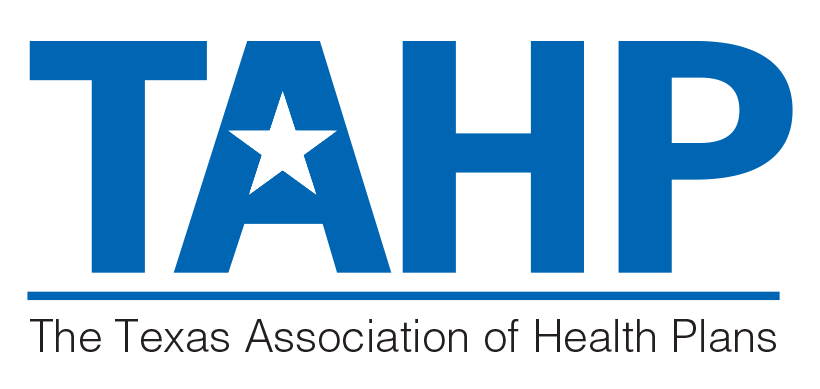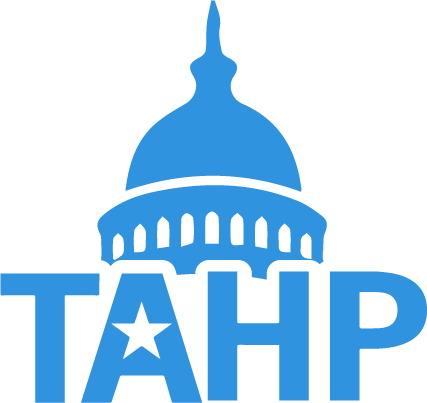Safe Care and Prior Authorizations
From overtesting and overdiagnosis to overtreatment, health care waste and unsafe care contribute not only to patient harm but also to unnecessary costs. According to a 2019 study in JAMA, the estimated annual cost of waste in the U.S. health care system is upwards of $935 billion, accounting for nearly 25% of total health care spending.
A 2018 report to Congress found that a significant percentage of patients received low-value care, resulting in between $2.4 billion and $6.5 billion in Medicare spending in 2014 alone. Physicians have reported that at least 15-30% of medical care is unnecessary or unsafe. Doctors and clinicians provide important care and life-saving treatment and agree that we all need to work together to avoid care that is inappropriate, unnecessary, and more costly. That’s what prior authorization helps deliver. By having a 360 degree view of a patient’s medical history, health plans can help ensure that medications and treatments are safe, effective, and affordable for patients.
Health plans are committed to reducing unnecessary burdens. However, efforts to limit or eliminate the use of prior authorization or post-utilization review negatively affect affordability, safety, and quality for everyone. By focusing on reducing waste and enhancing safety, we can ensure that Texans receive the high-quality care they deserve.
Featured Safe Care and Prior Authorizations Resources
Safe Care and Prior Authorizations Resources
All
Policy Papers
TAHP Presentations
101s
Testimonies
Comment Letters
Legislative Briefs
News
Become a Member Today
Learn MoreMembership with TAHP is an invaluable tool for integrating, building relationships, exchanging information and best practices, and promoting your services. You will be well-armed with the most timely and accurate information, strong relationships with key Texas leaders, and access to seasoned policy and regulatory experts.



